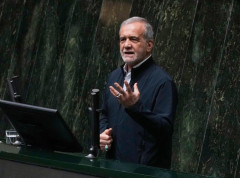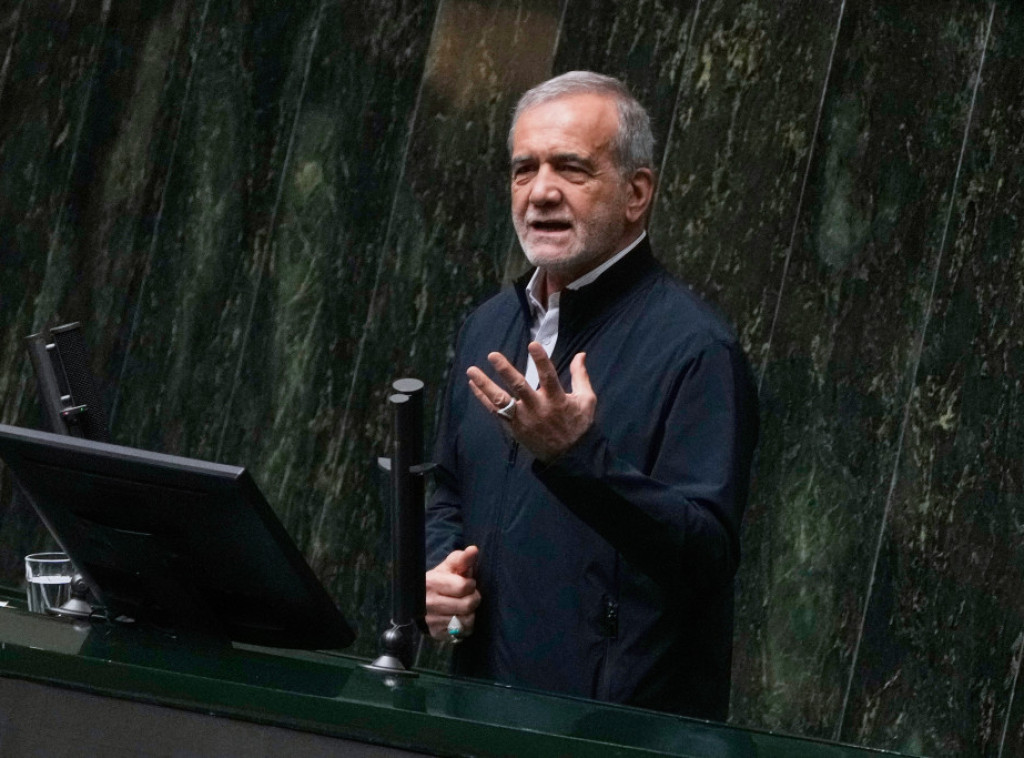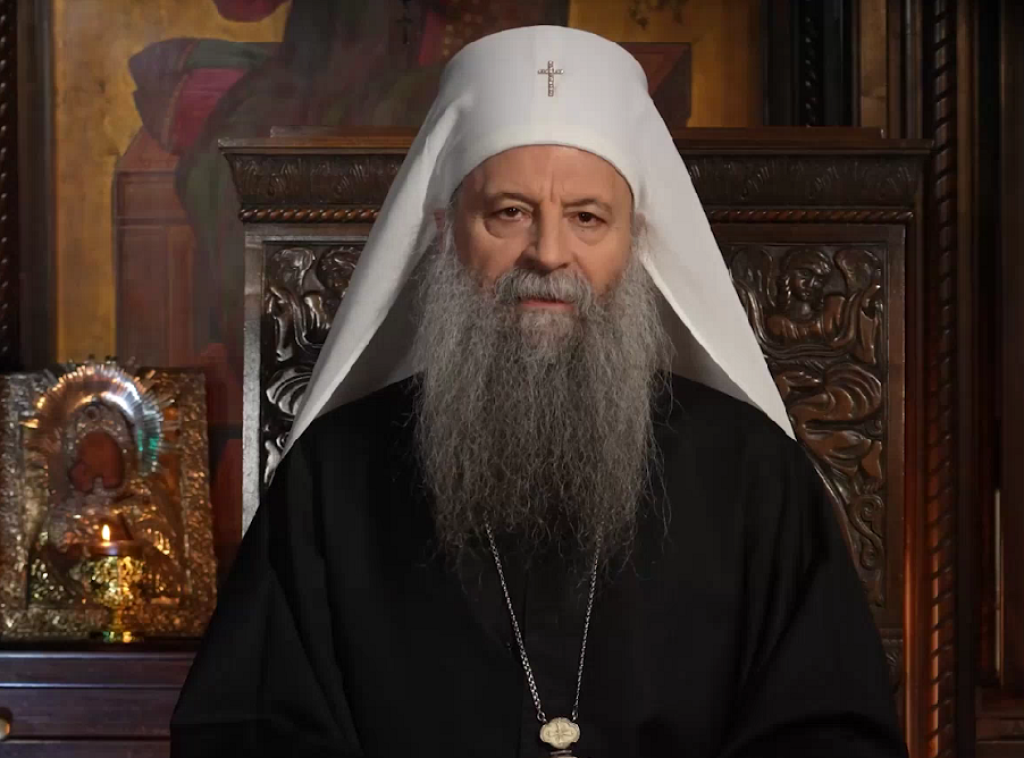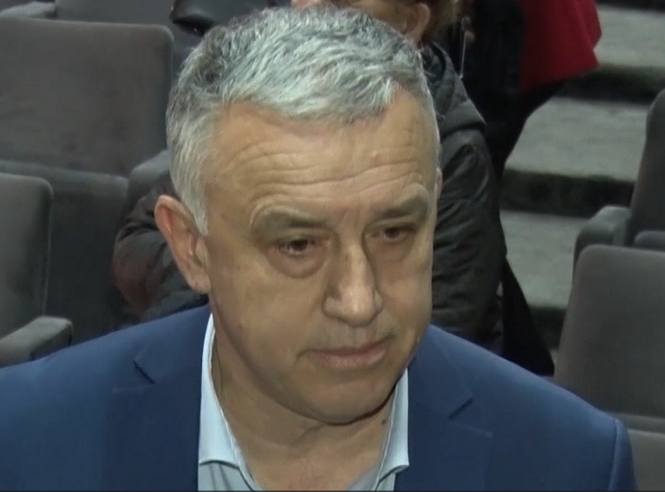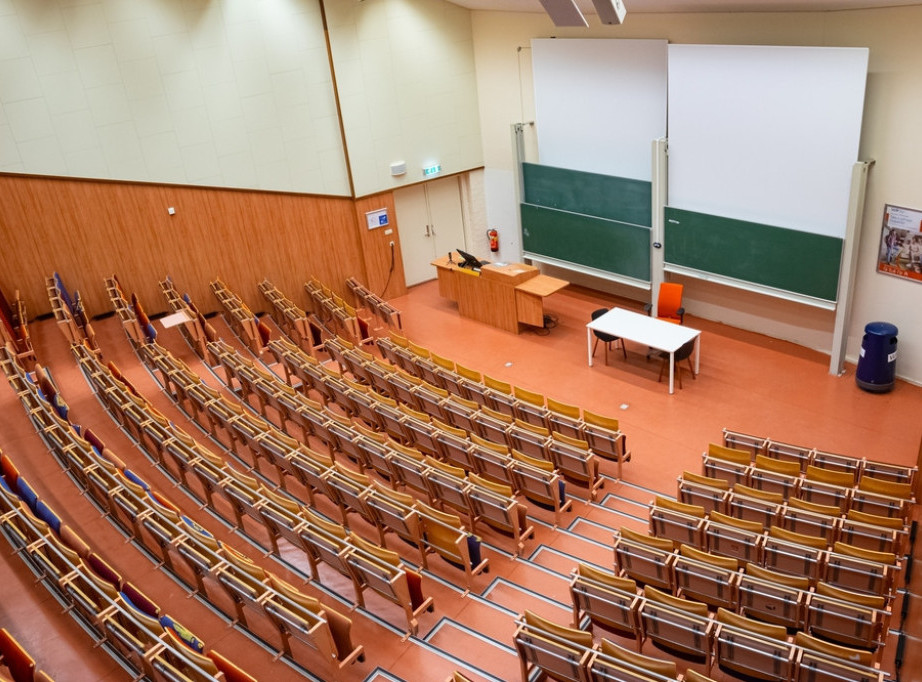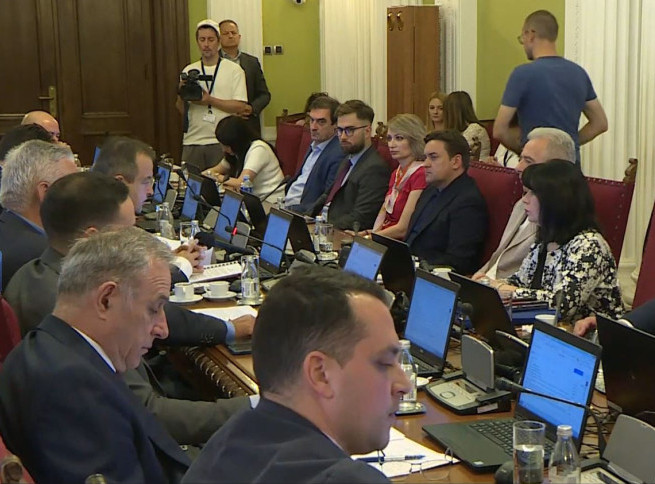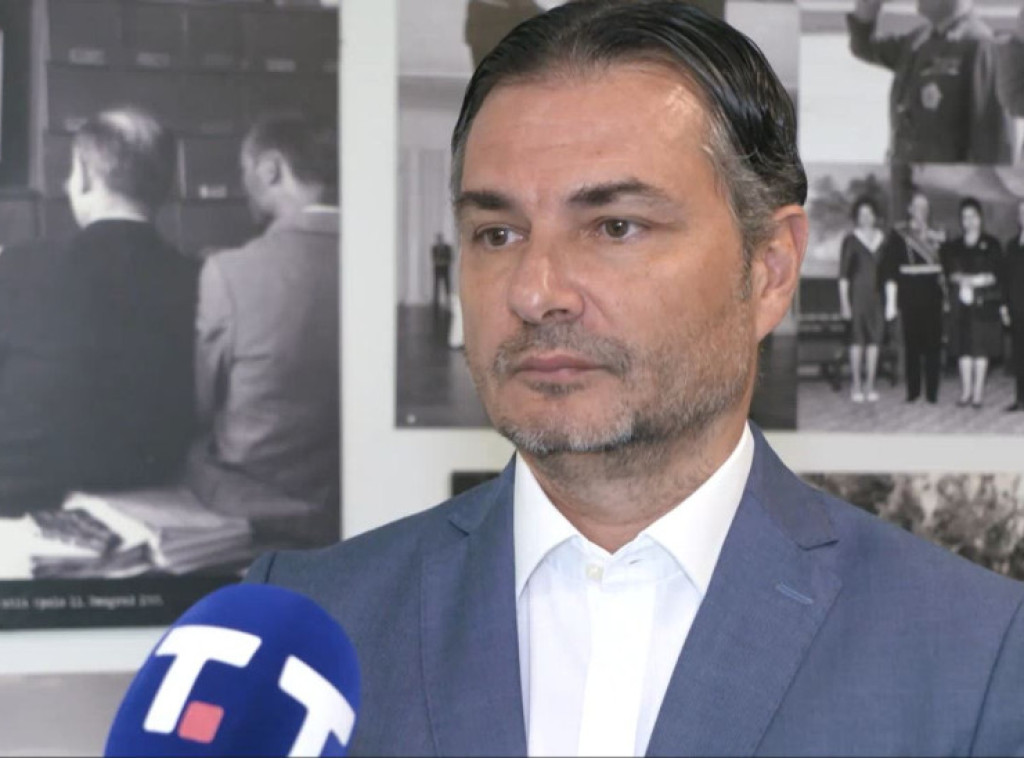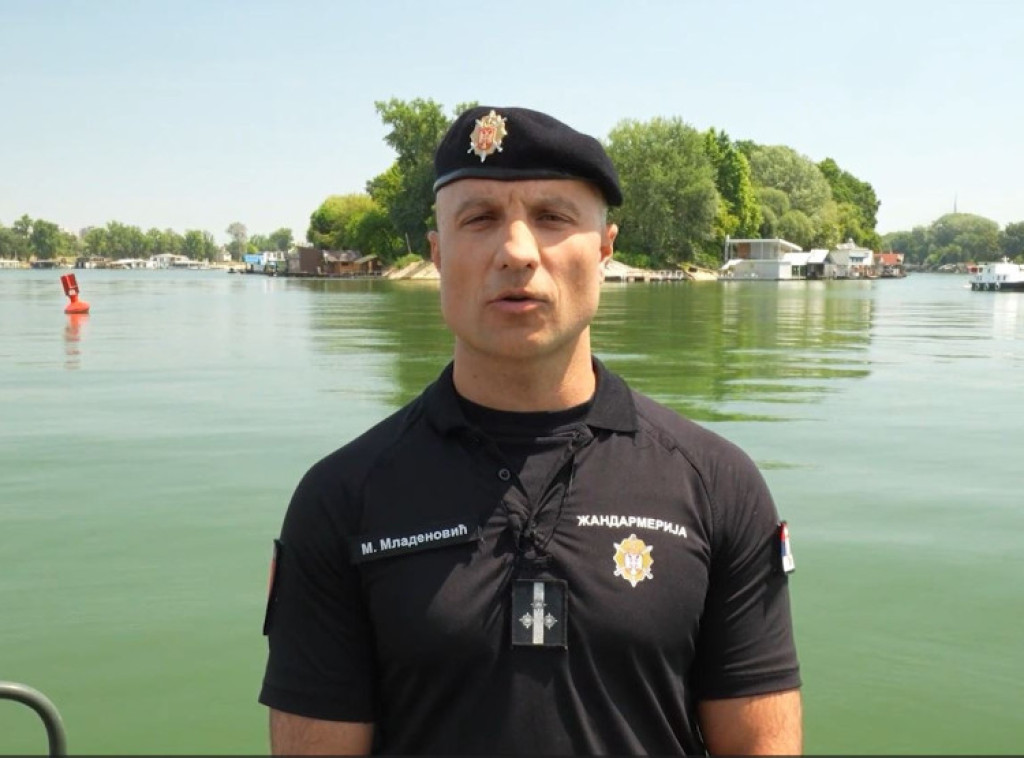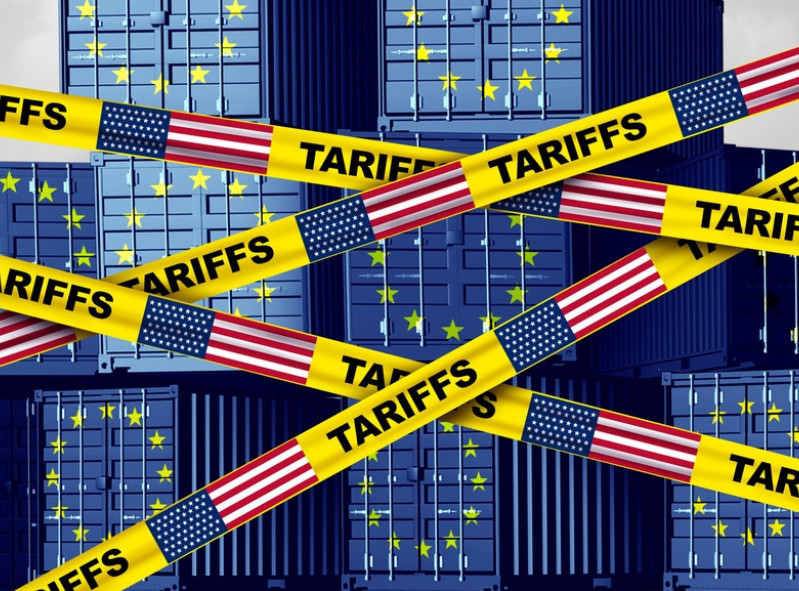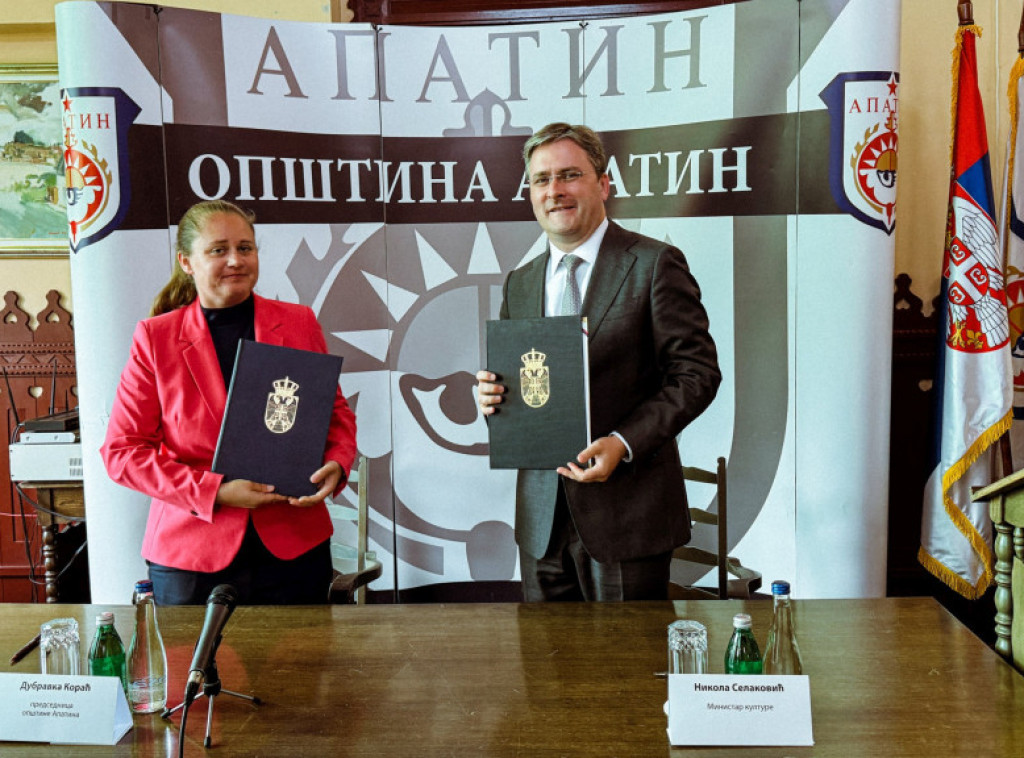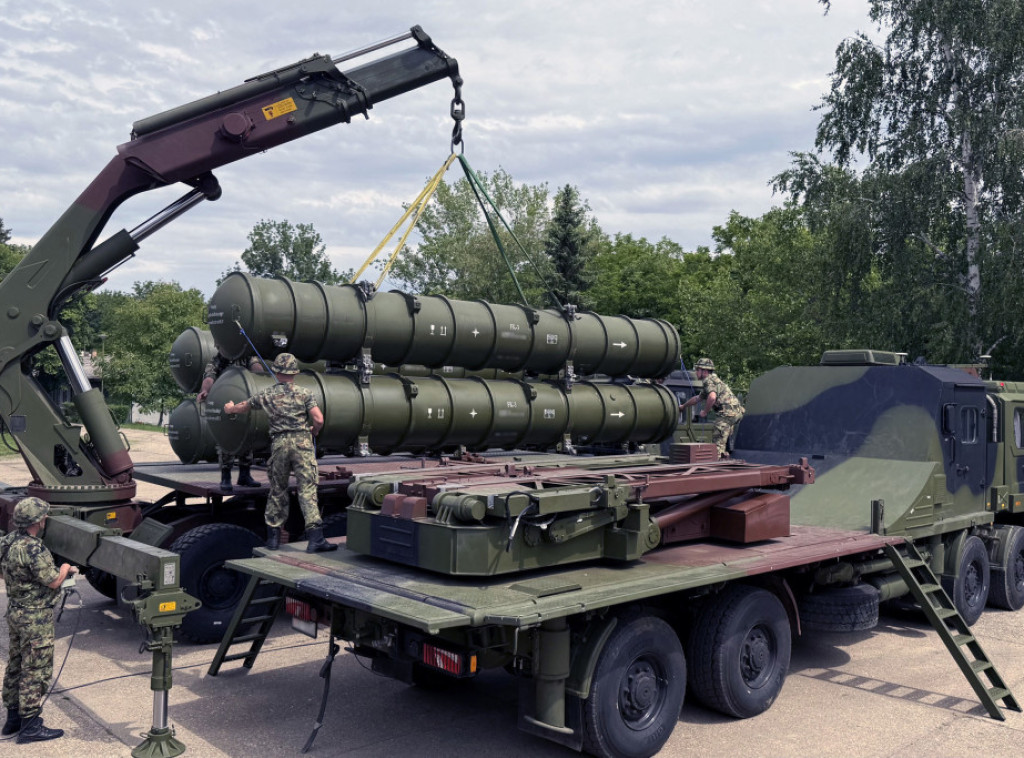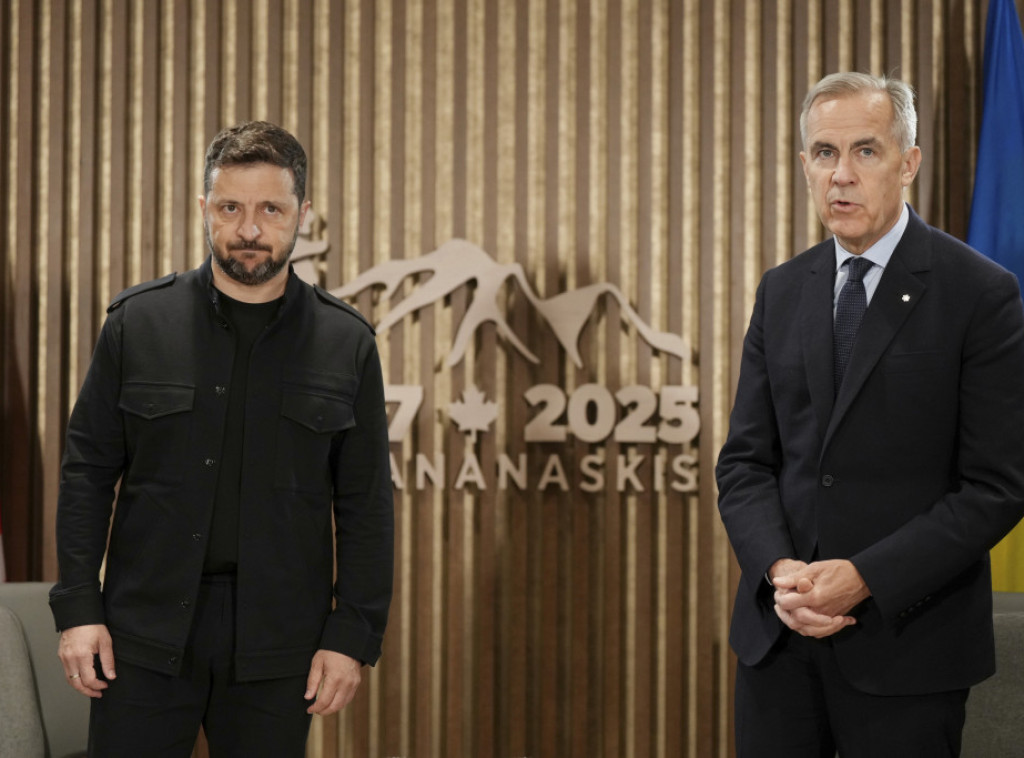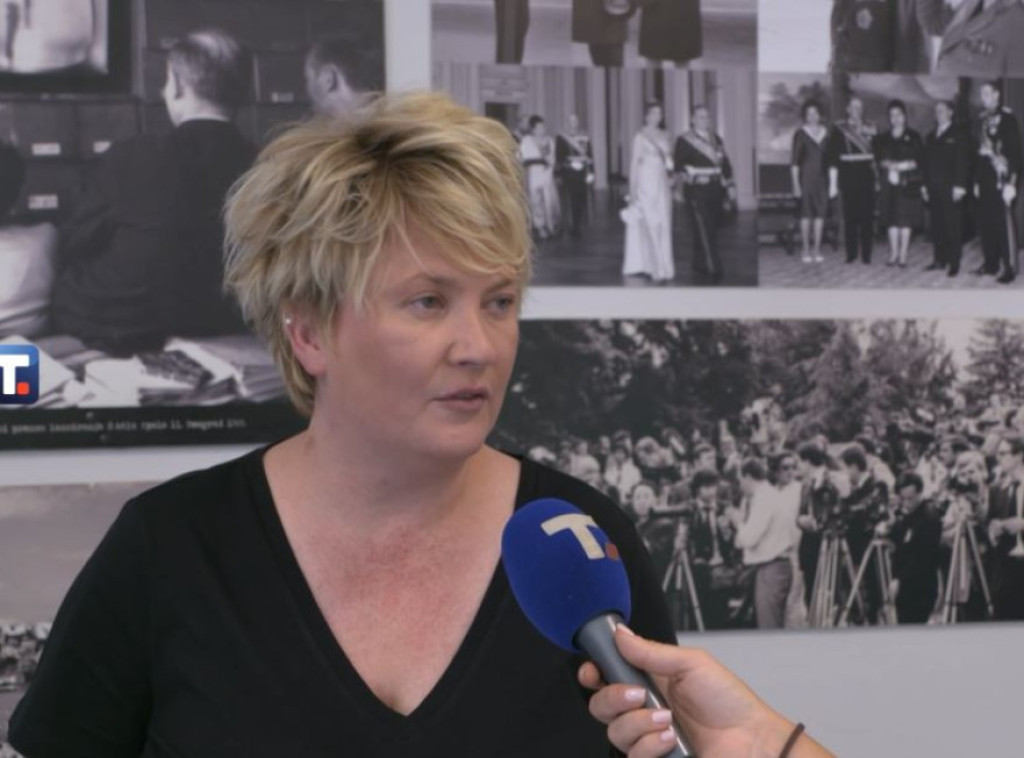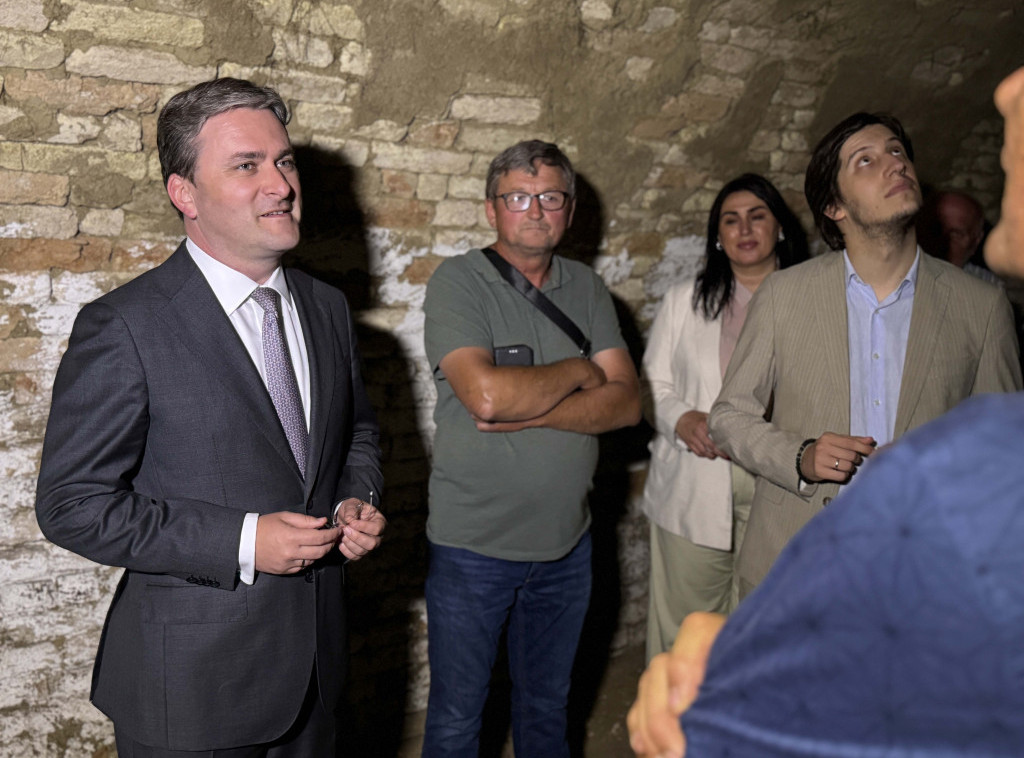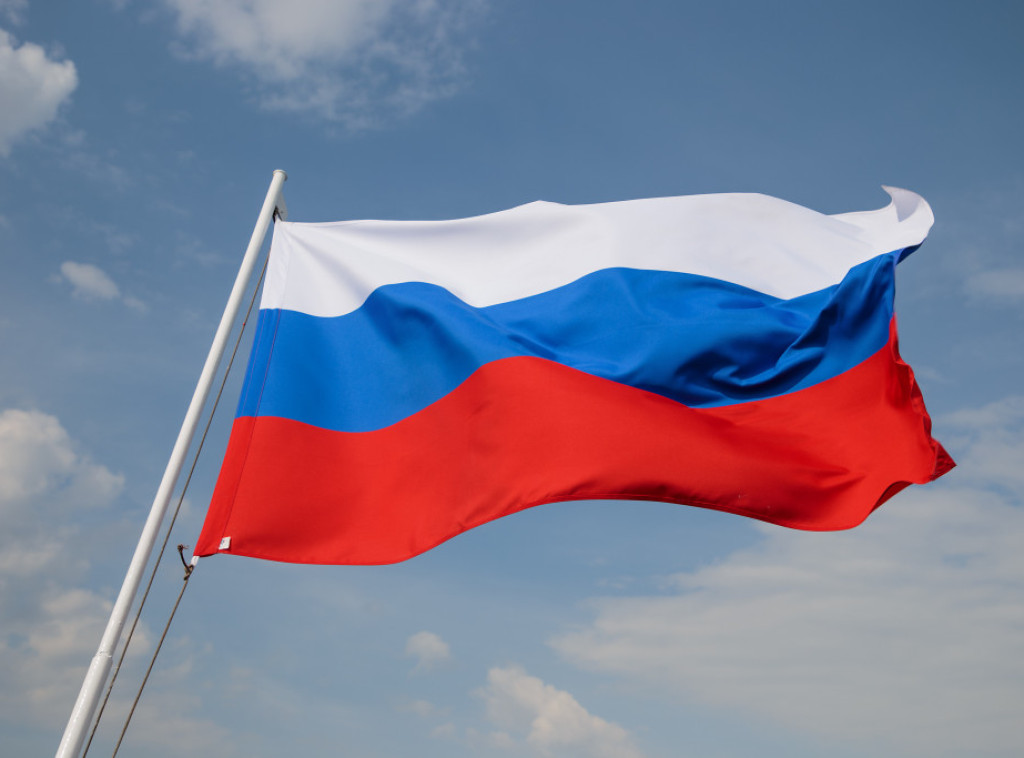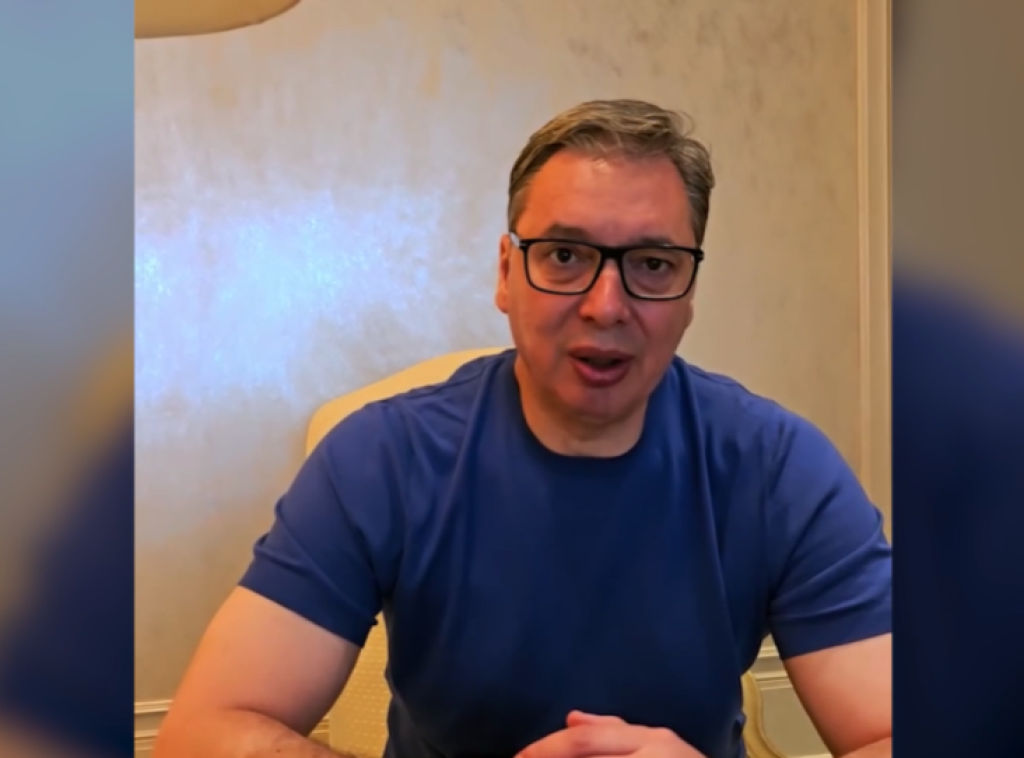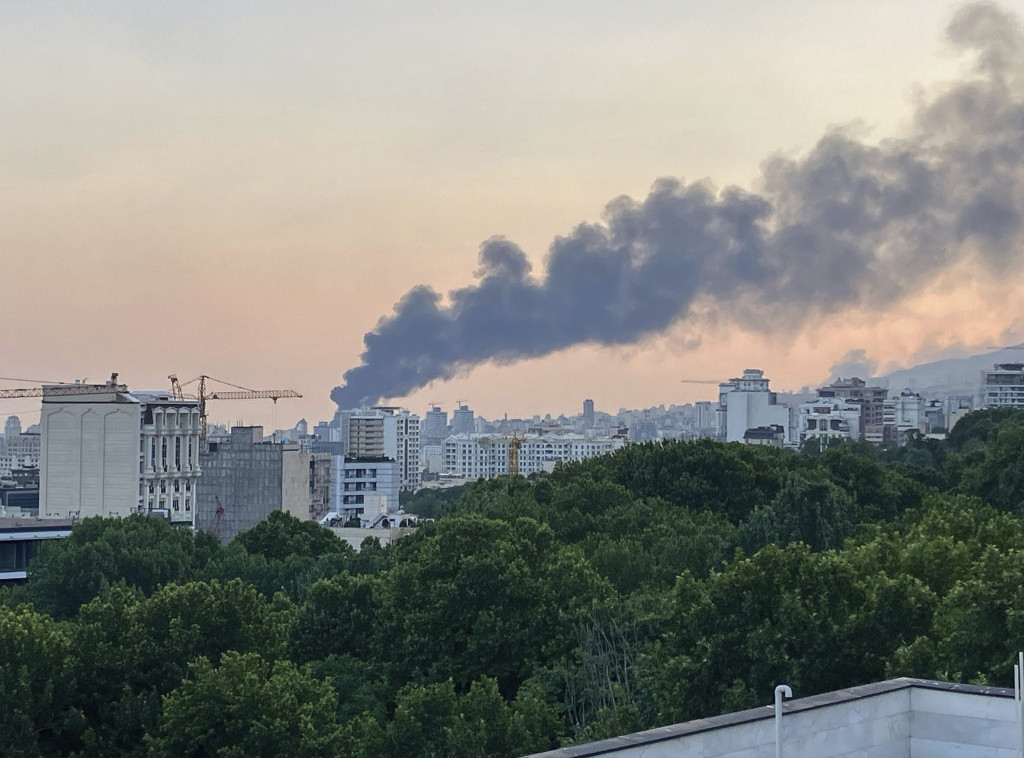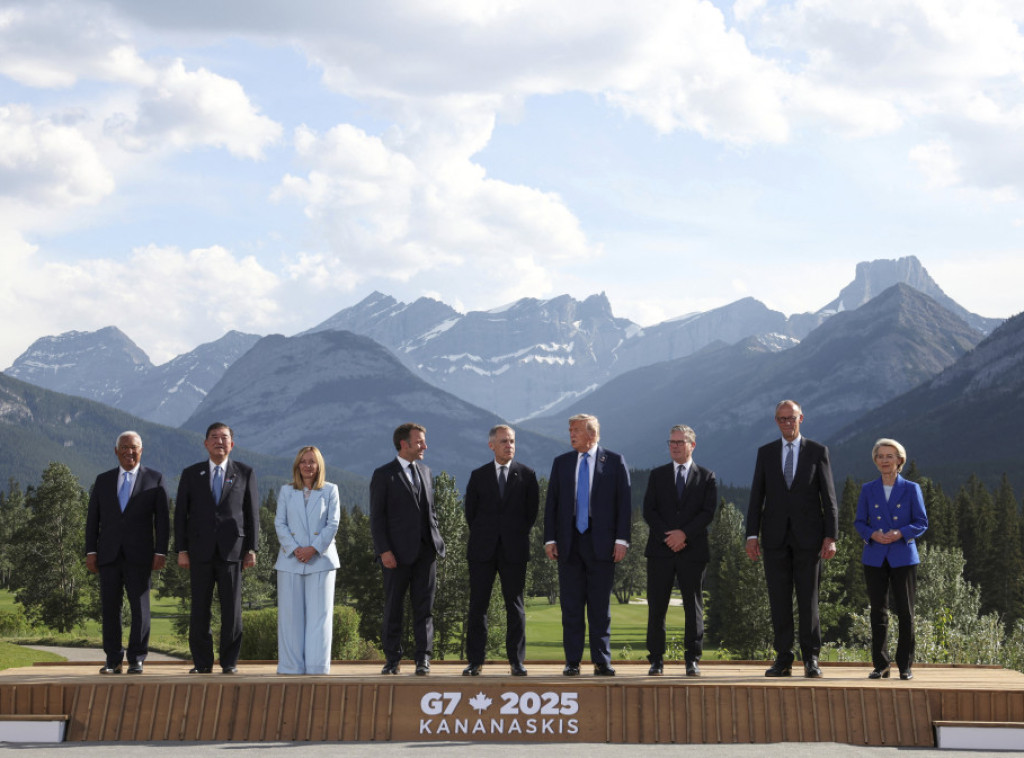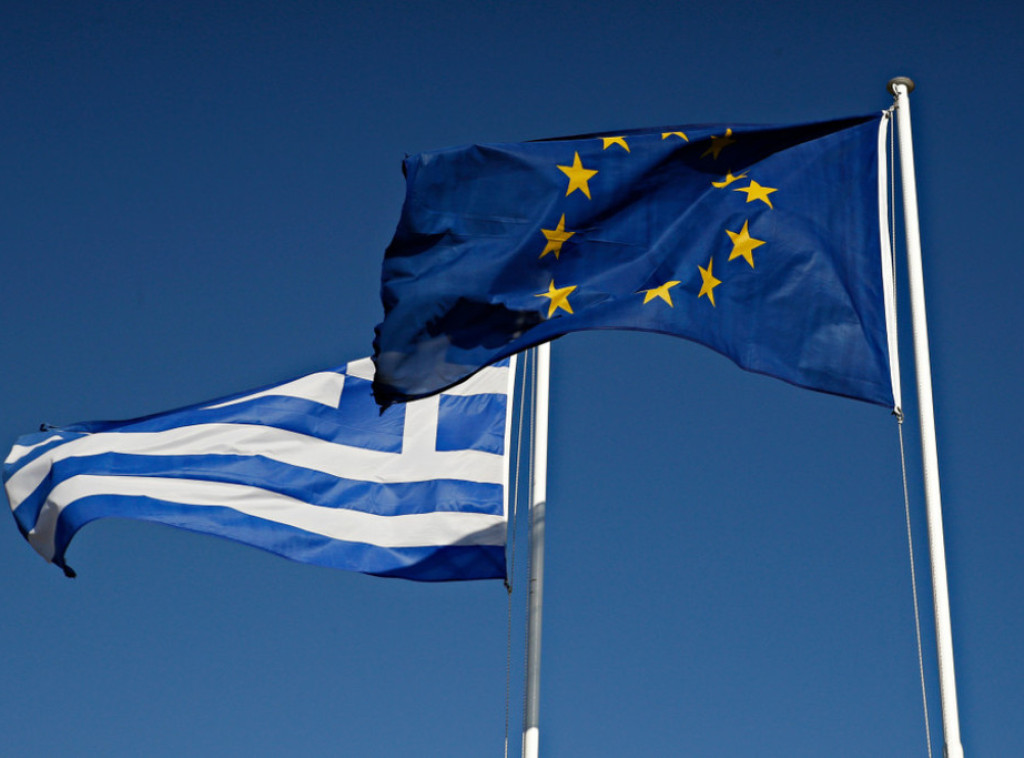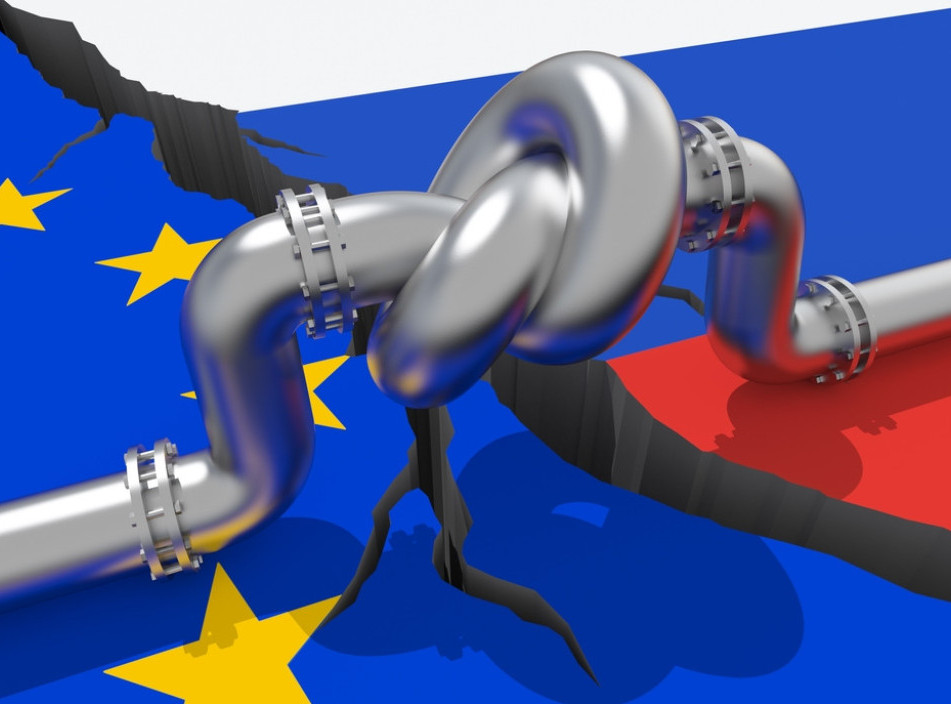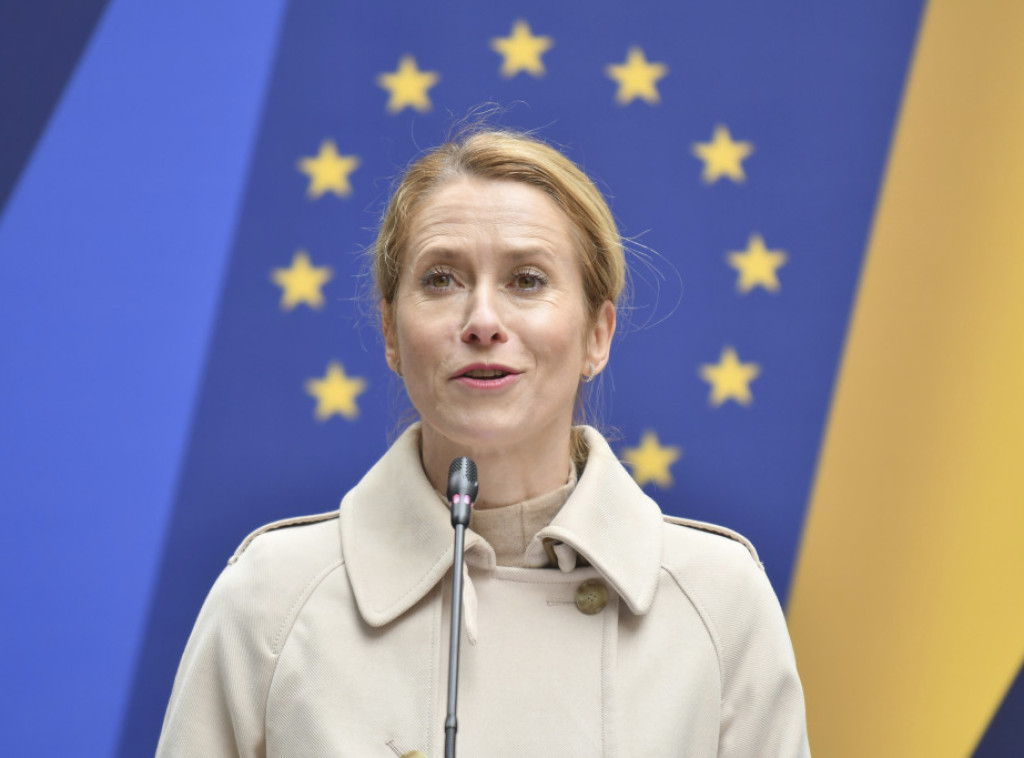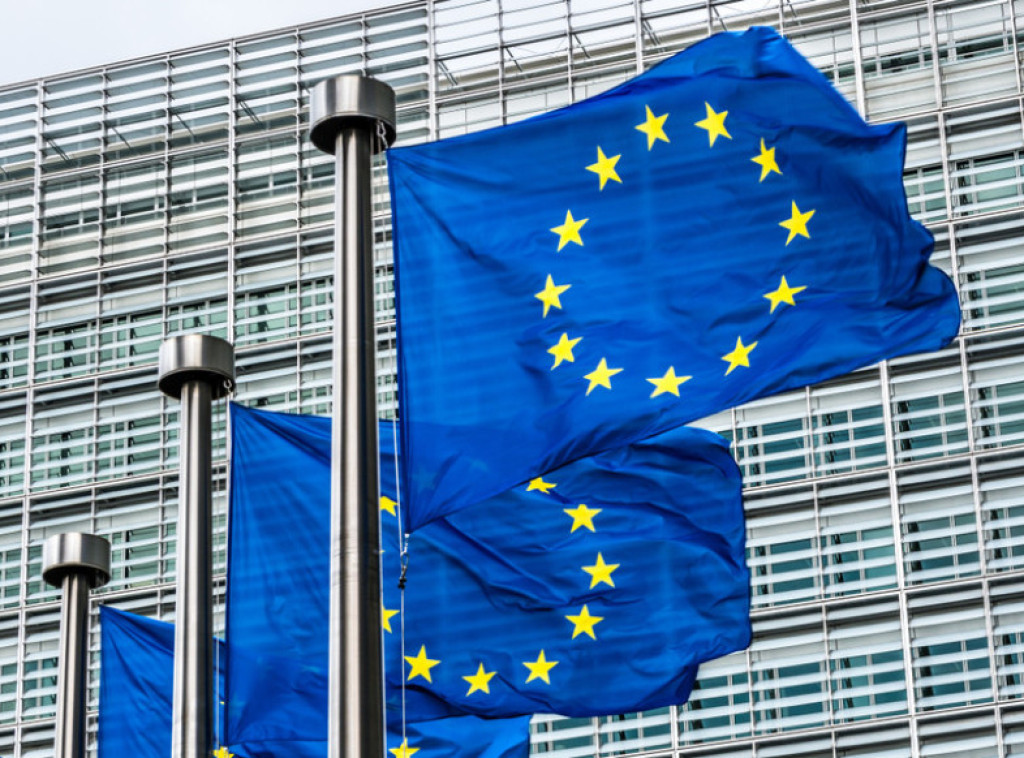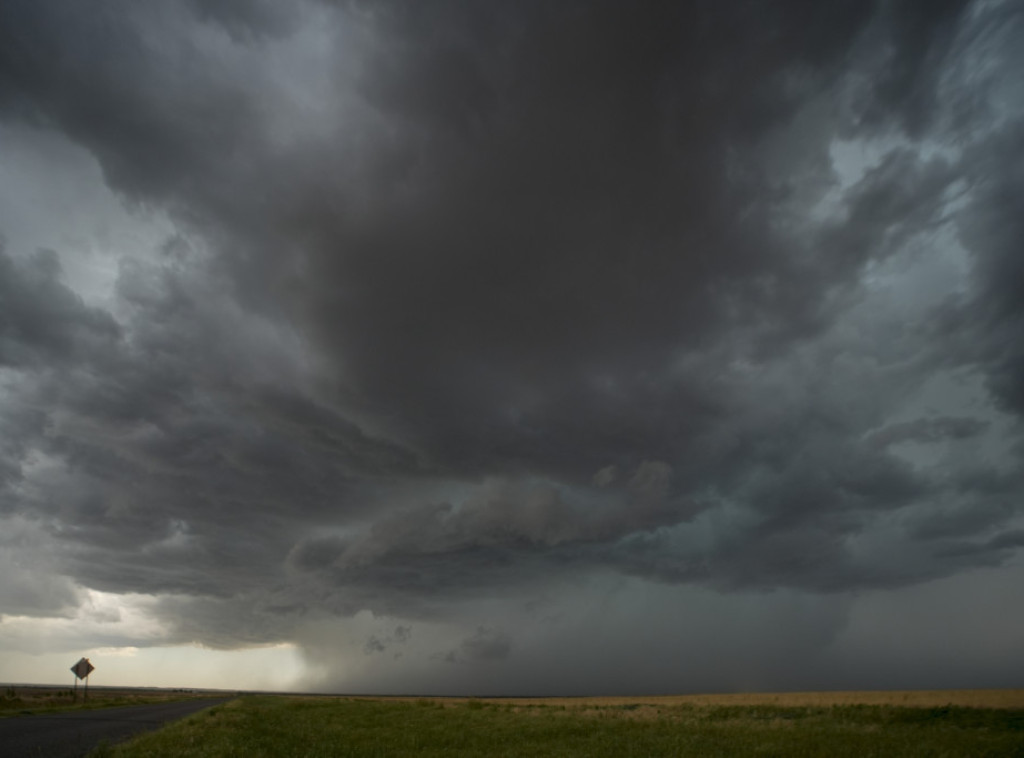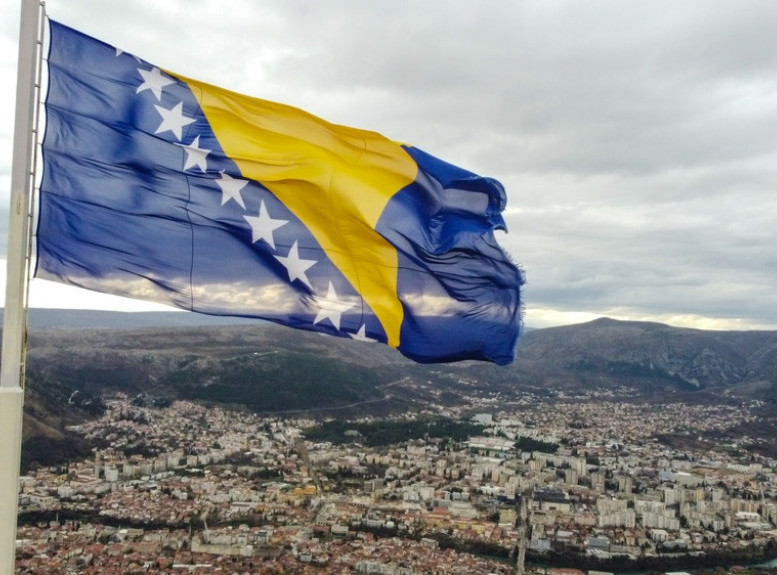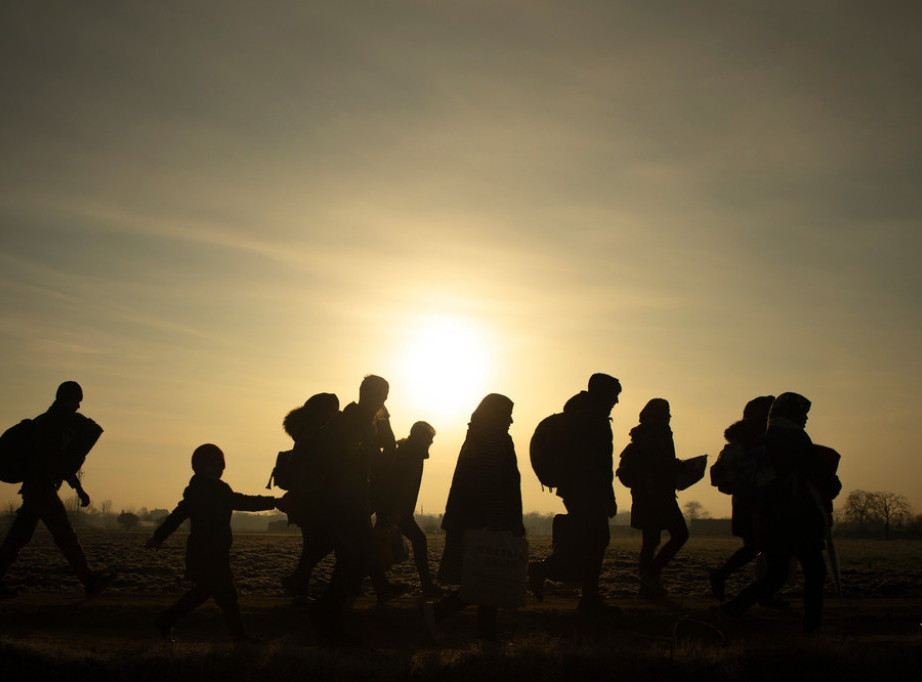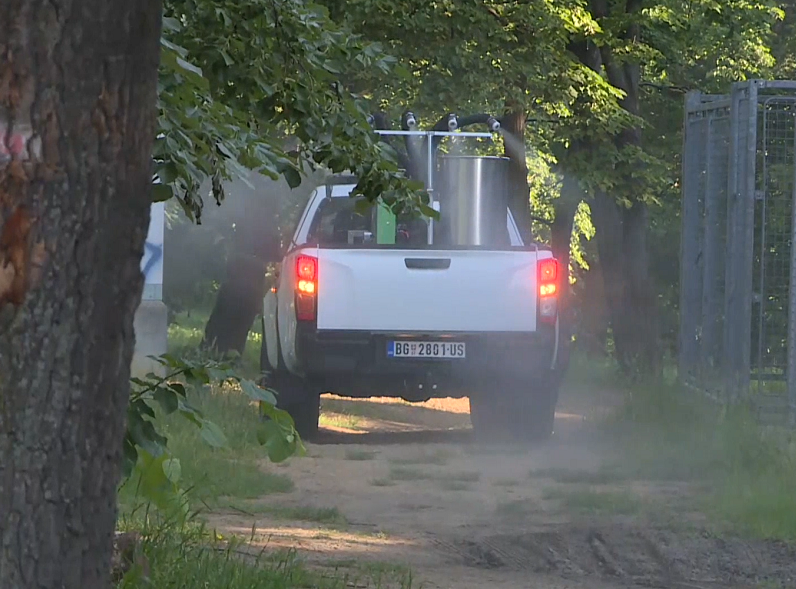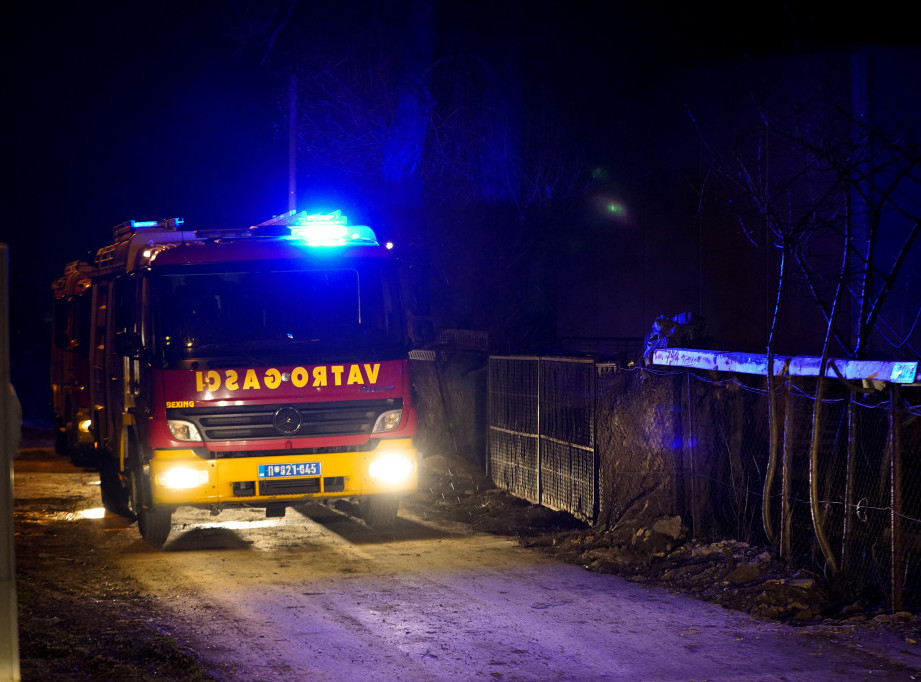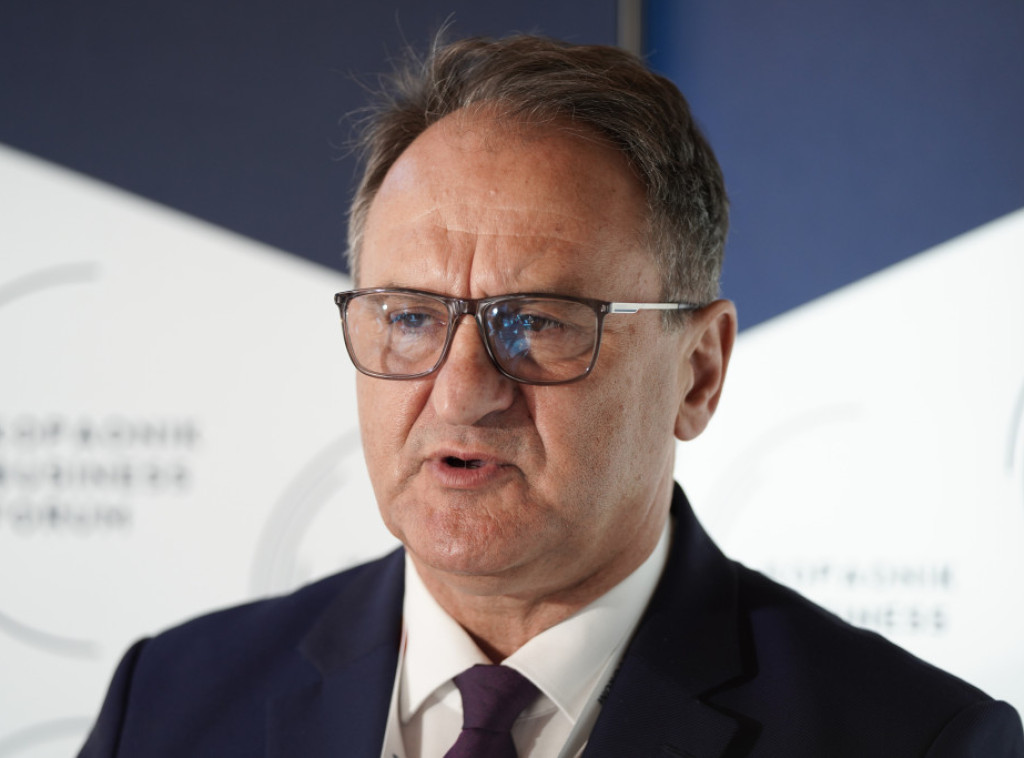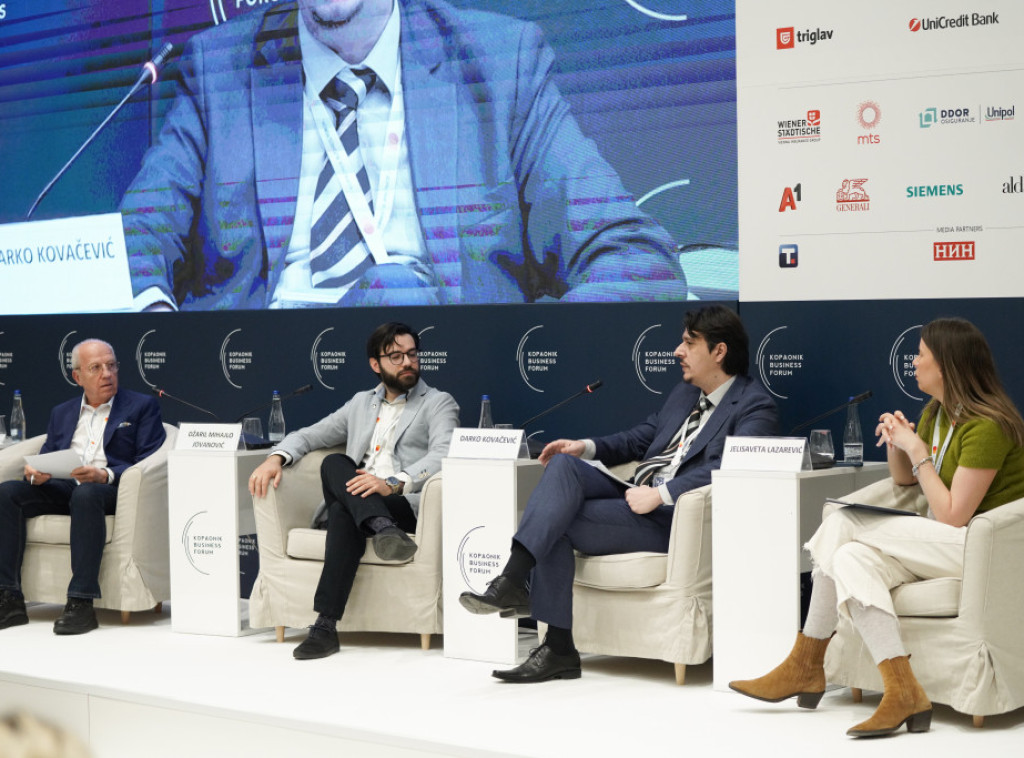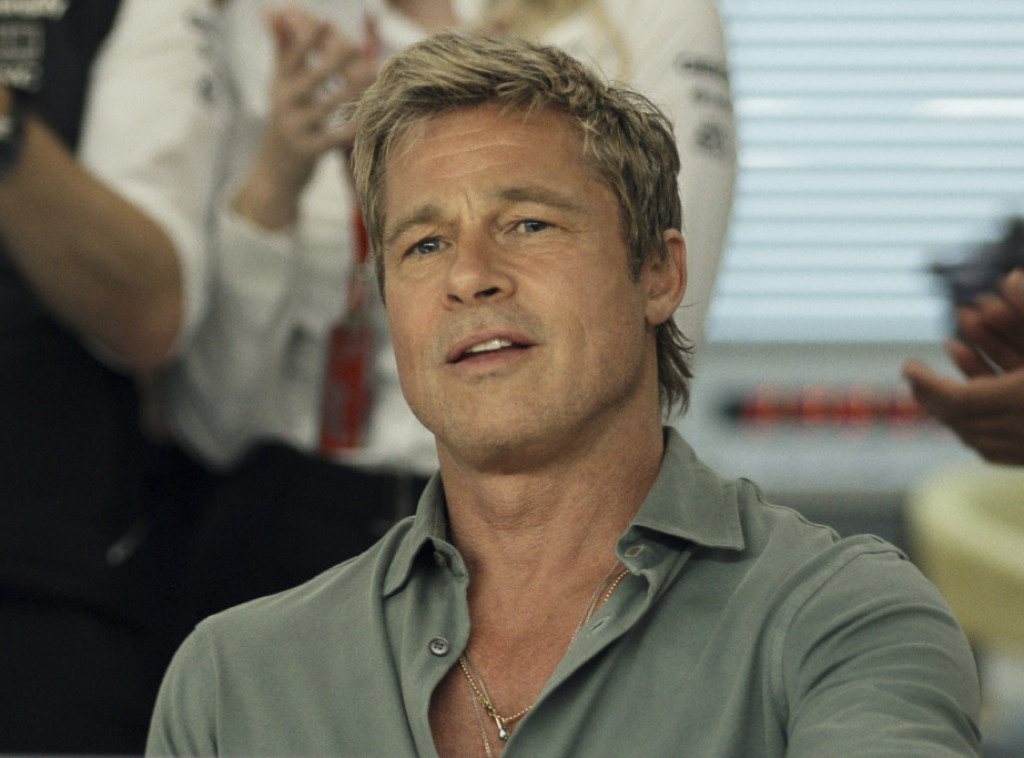Iranian President Masud Pezeshkian stated that Iran has no intention to develop nuclear weapons but will continue to exercise its right to nuclear energy for research purposes. He recalled the religious decree of Iran’s Supreme Leader against weapons of mass destruction. At the same time, he warned that Iran’s response would be more decisive if Israel continues its attacks, and the Iranian military has already responded to Israeli strikes. Israeli attacks on Iranian nuclear targets have escalated the conflict, with international actors including Turkey and Russia offering mediation to de-escalate the situation. The Israeli Prime Minister and the US President are considering further steps, including the possibility of military action against Iranian nuclear facilities. This conflict raises concerns about destabilization in the Middle East and potential consequences for international security.
Political Perspectives:
Left: Left-leaning reports emphasize the dangers of military escalation and the need for diplomatic solutions. They highlight Iran’s stated peaceful intentions regarding nuclear energy and criticize Israeli military actions as aggressive and destabilizing. The humanitarian impact on civilians and the risk of wider regional conflict are also stressed.
Center: Center-leaning reports present a balanced view, acknowledging Iran’s claims of peaceful nuclear intentions while also reporting on Israeli security concerns and military responses. They focus on the diplomatic efforts by regional and global powers to mediate the conflict and the complexity of the situation without taking a strong side.
Right: Right-leaning reports emphasize the threat posed by Iran’s nuclear program and support Israel’s right to defend itself. They often highlight statements from Israeli and US officials about the necessity of military action to prevent Iran from acquiring nuclear weapons. Iran is portrayed as a hostile actor, and the focus is on security and defense.






